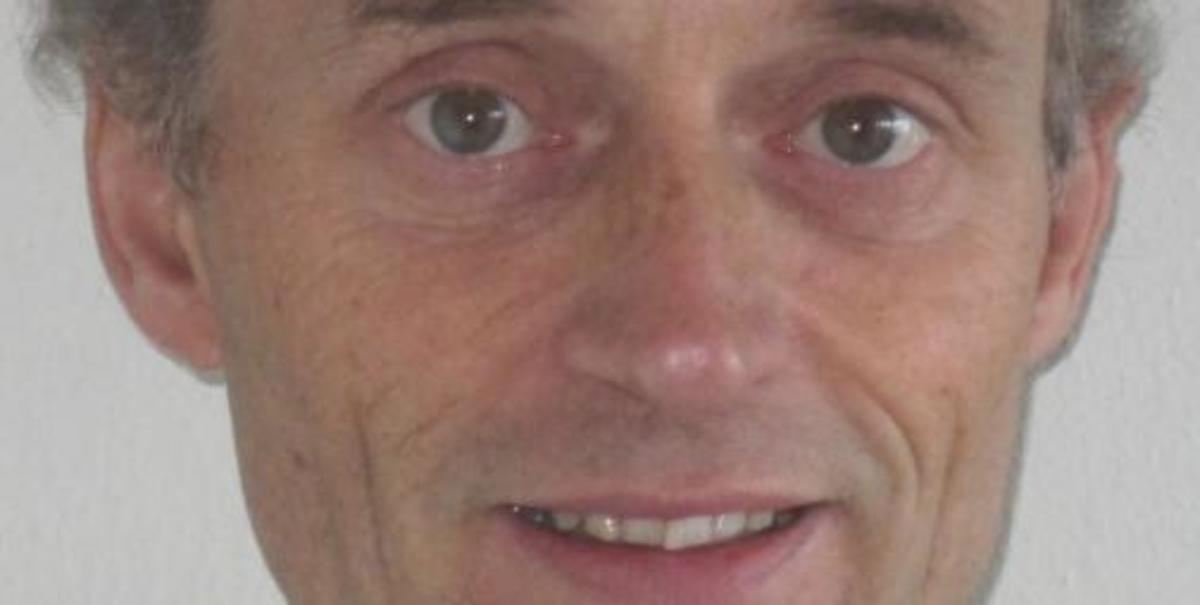Houghton Lecture - Chris Bretherton (Univ. of Washington)
Insights from large-scale cloud-resolving modeling of convection and clouds
Large cloud-resolving simulations with 10^8 or more grid points are a powerful tool for modeling multiscale interactions between cumulus and boundary-layer clouds and atmospheric circulations . These multiscale interactions are important for tropical weather and global climate and they are challenging to parameterize in climate models. Near-global aquaplanet simulations with 4 km horizontal resolution will be used to explore mechanisms of tropical convective aggregation and cloud feedbacks, especially feedbacks between radiation, humidity, clouds and convection. Finally, early results will be presented from a new global modeling strategy, ultraparameterization, that resolves boundary layer clouds and turbulence.

Chris Bretherton is an atmospheric scientist who studies cloud formation and turbulence and improves how they are simulated in global climate and weather forecast models. His research includes participating in field experiments and observational analyses, three-dimensional modeling of fluid flow in and around fields of clouds, and understanding how clouds will respond to and feed back on climate change. Computer code developed by his research group for simulating cloud formation by atmospheric turbulence is used in the two leading US climate models. He was a lead author of the Intergovernmental Panel on Climate Change Fifth Assessment Report in 2013, Chair of a 2012 National Academy report entitled A National Strategy for Advancing Climate Modeling, and a former director of the University of Washington Program on Climate Change. In 2012, he received the Jule G. Charney Award, one of the two highest career awards of the American Meteorological Society. He is also a Fellow of the American Meteorological Society and the American Geophysical Union.
Schedule (all lectures will be held in room 54-915):
1) Humidity-cloud-precipitation feedbacks and convective organization. Thursday, Nov. 17, 2pm.
2) Insights from high-resolution simulation of cloud feedbacks. Thursday, Nov. 17, 2pm.
3) Ultraparameterization: Using large eddy simulation for global simulation of boundary layer clouds and climate. Thursday, Dec. 8, 2pm.